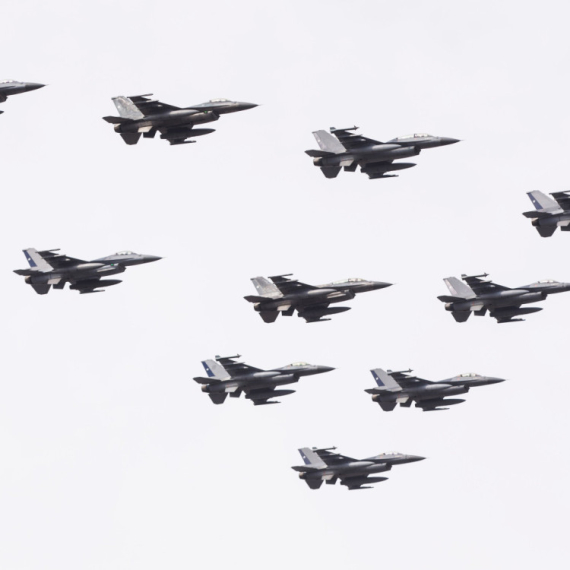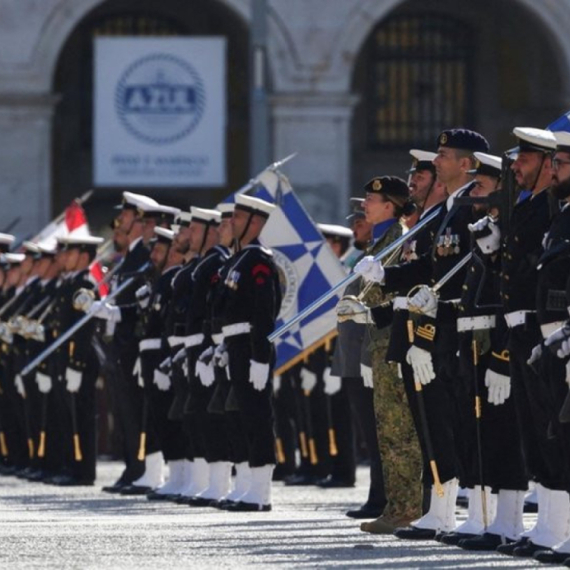Iran criticized for performing missile tests
The U.S., France and Israel have all criticized Iran for its decision to test-fire two long-range missiles on Monday.
Tuesday, 03.01.2012.
11:15

The U.S., France and Israel have all criticized Iran for its decision to test-fire two long-range missiles on Monday. The tests were performed at the end of a ten-day military drill in the Strait of Hormuz. Iran criticized for performing missile tests Previously, the Iranian authorities announced that they successfully tested three more surface-to-sea missiles. A spokesman for the French Foreign Ministry said in Paris that his country "regretted the very bad signals" sent by Iran with the military drill. In Jerusalem, Israeli Minister of Defense Ehud Barak said that the drill was a show of power intended at intimidating the international public in order to give up on sanctions against Iran. He also said he doubted that Iran will cross the Strait of Hormuz, "as that would only lead to even stricter sanctions". In Washington, U.S. President Barack Obama signed a decree allowing for new measures to be taken against the Iranian Central Bank, banning foreign financial institutions from doing business with the bank in the U.S. territory. In response, the authorities in Tehran said that they would not allow their interests in the Persian Gulf to be jeopardized. "The Strait of Hormuz is entirely under our control. We will not allow any enemy to endanger our interests," the commander of the Iranian Navy said. The country's new Qader missile is an improved version of a previous model that could reach targets within 200 kilometers. It is speculated that the weapon could be used to target the American fleet in the Persian Gulf. A Qader missile is launched at the shore of the Sea of Oman (Beta/AP/ISNA/Amir Kholousi) Beta
Iran criticized for performing missile tests
Previously, the Iranian authorities announced that they successfully tested three more surface-to-sea missiles.A spokesman for the French Foreign Ministry said in Paris that his country "regretted the very bad signals" sent by Iran with the military drill.
In Jerusalem, Israeli Minister of Defense Ehud Barak said that the drill was a show of power intended at intimidating the international public in order to give up on sanctions against Iran.
He also said he doubted that Iran will cross the Strait of Hormuz, "as that would only lead to even stricter sanctions".
In Washington, U.S. President Barack Obama signed a decree allowing for new measures to be taken against the Iranian Central Bank, banning foreign financial institutions from doing business with the bank in the U.S. territory.
In response, the authorities in Tehran said that they would not allow their interests in the Persian Gulf to be jeopardized.
"The Strait of Hormuz is entirely under our control. We will not allow any enemy to endanger our interests," the commander of the Iranian Navy said.
The country's new Qader missile is an improved version of a previous model that could reach targets within 200 kilometers. It is speculated that the weapon could be used to target the American fleet in the Persian Gulf.























































Komentari 26
Pogledaj komentare